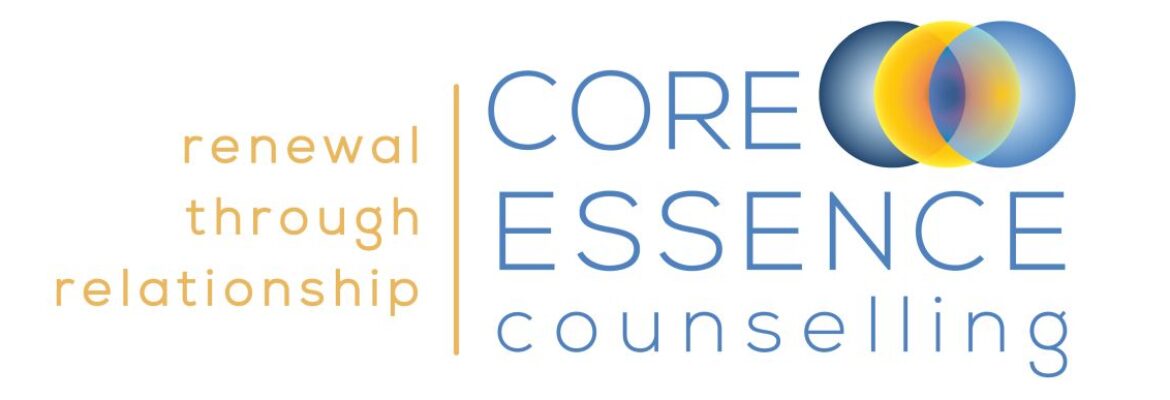The focus of Core Essence Counselling is the creation of a more harmonious life for people who are experiencing challenges associated with the complexities of being in relationship – a relationship with a primary partner or anyone else, including a boss, a co-worker, family, friends, acquaintances, strangers – even your relationship with yourself.
As a Counselling Therapist, I draw from modalities including Emotionally Focused Therapy (EFT) and Imago Therapy that have been scientifically proven through a substantial body of research to help up to 75% of couples move from distress to recovery and help approximately 90% enjoy significant improvements, even two years after therapy.
My practice is also informed by teachings that include Polyvagal Theory, Internal Family Systems (IFS), Emotionally Focused Individual Therapy (EFiT), Byron Katie’s “The Work”, Nonviolent Communication, Family Systems Theory, Voice Dialogue, Psychodrama, Inner Child Work and others.
I’m absolutely thrilled to be able to offer support to you as you navigate the often-challenging realities of relationships with others and the relationship with yourself. As you work your way through the complexities of life, you deserve to be supported in an affirmative and non-judgemental way.
Therapies In Practice
Major Areas of Practice
General Areas of Support
Specializations in Practice
Marriage / Partnership / Family
Is there any real hope for bad or flat relationships?
Yes! I use approaches that have been scientifically proven through a substantial body of research to help up to 75% of couples move from distress to recovery and help approximately 90% enjoy significant improvements, even two years after therapy.
Does counselling actually help?
No therapist can guarantee success, just as no personal trainer can guarantee fitness, but many people say that counselling has proven to be a very significant part of their journey. By far the two most important factors in determining what you get out of counselling are how much you want your life to be different and the quality of the connection between you and the counsellor. If those two elements are sufficiently established, the outcomes can be quite remarkable.
What happens at a first counselling session?
Your first counselling session is usually spent establishing rapport and making sure you feel comfortable with the counsellor. You'll want to feel a sense of trust and confidence that I am someone you would like to work with. If you don't feel that trust and confidence, that's perfectly OK, and you'll be invited to let me know your thoughts and feelings. We will also talk about what you've been experiencing and what it is you would like to experience instead, and agree on a course of therapy. Of course, you'll be able to ask any questions you have.
Is in-person counselling more effective than online counselling?
In my experience online counselling can be just as beneficial as in-person counselling. The quality of the Internet connection is a factor, however. The preferable system for online counselling is a tablet, laptop or desktop computer with an ethernet connection.
What if I/we tried counselling before and it didn't work?
our counsellor might not have been the best fit. Often people attempt to search for the most qualified therapist, but unfortunately there's no empirical way to determine if a counsellor is right for you. It turns out that a number of criteria which you might assume matter a lot, don't really matter that much. These include the therapist's experience, gender, profession or graduate degree, and even the school of therapy practised. In fact, differences among therapists account for only five per cent of the variability in treatment outcomes.
Studies show that the two most important elements of counselling success are the rapport you have with your counsellor and your willingness to act on the discoveries you make in counselling.
When you're choosing a therapist, go with your gut, not your head.


